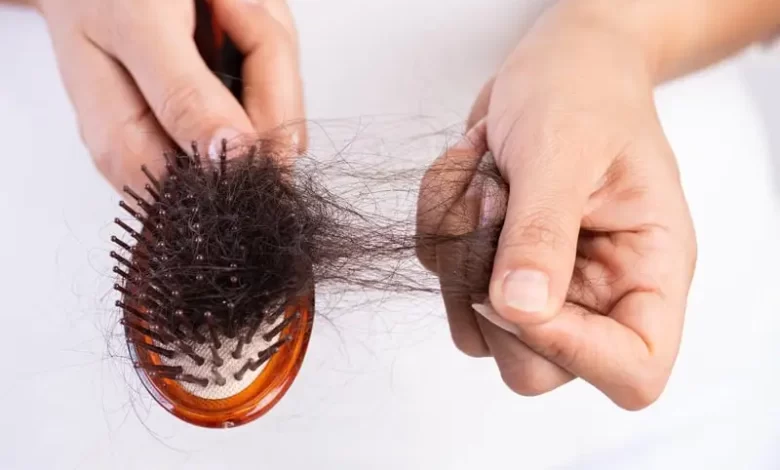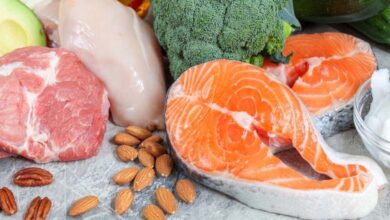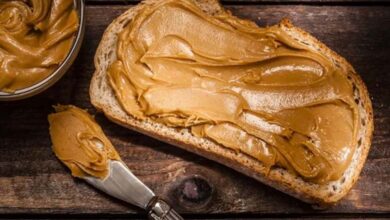The Essential Role of Zinc in Protecting Hair and Skin Health

Zinc is an essential mineral that plays a crucial role in maintaining the health of both hair and skin. This mineral is responsible for numerous functions in the body, including the regulation of hormone levels, the support of a healthy immune system, and the maintenance of healthy skin and hair.
Hair and skin are two of the most important protective barriers of the body. They help to maintain hydration, prevent damage from external elements, and provide a physical barrier against harmful substances. However, these protective barriers can become compromised due to a variety of factors such as stress, age, and poor nutrition. Zinc has been shown to play a critical role in maintaining the health of these barriers and preventing damage to hair and skin.
Zinc helps to protect the skin by supporting the production of collagen, a protein that provides structural support to the skin and helps to maintain its elasticity. A lack of zinc can lead to decreased collagen production, which can result in the skin becoming more fragile and prone to damage. In addition, zinc also helps to regulate the production of oil in the skin, which can help to prevent dryness and irritation.
Another important role that zinc plays in protecting the skin is its ability to help the body fight off infections and other skin conditions. Zinc helps to activate the immune system, which allows the body to more effectively fight off harmful pathogens and other irritants that can damage the skin. Additionally, zinc has been shown to have anti-inflammatory properties, which can help to reduce the symptoms of skin conditions such as acne and eczema.
Zinc is also important for the health of hair, as it helps to maintain the structural integrity of hair follicles and support the growth of new hair. A lack of zinc can lead to hair loss, slow hair growth, and other hair-related problems. In addition, zinc helps to maintain the moisture balance of the scalp, which can help to prevent dryness, itching, and dandruff.
One of the ways that zinc helps to maintain the health of hair and skin is through its role in regulating hormone levels. Hormonal imbalances can have a significant impact on the health of hair and skin, and zinc has been shown to help regulate hormones such as testosterone and estrogen, which can help to maintain healthy skin and hair.
Another important factor that zinc plays in protecting hair and skin is its role in DNA synthesis. Zinc is involved in the replication of DNA, which is necessary for the growth and repair of cells in the hair and skin. This means that a lack of zinc can lead to damage to these cells and can result in poor skin and hair health.
In addition to its benefits for hair and skin, zinc also plays a crucial role in maintaining overall health and wellness. Zinc is involved in numerous processes in the body, including the metabolism of carbohydrates, the production of energy, and the regulation of mood. A lack of zinc can result in a wide range of health problems, including fatigue, depression, and a weakened immune system.
There are several ways to increase the amount of zinc in your diet, including eating foods that are rich in zinc, such as seafood, red meat, poultry, whole grains, and dairy products. Additionally, taking a zinc supplement can help to ensure that you are getting enough zinc in your diet. It is important to speak with a doctor or a healthcare provider before starting a zinc supplement, as taking too much zinc can have negative effects on health.
In conclusion, zinc is an essential mineral that plays a crucial role in maintaining the health of both hair and skin. By supporting the production of collagen, regulating hormone levels, and helping to fight off infections and skin conditions, zinc helps to protect the skin and maintain the health of hair.












